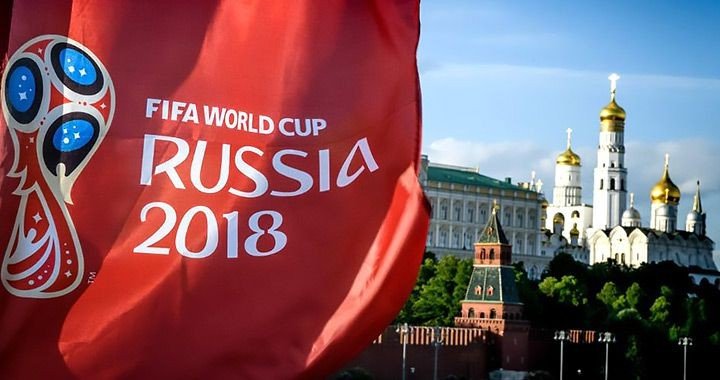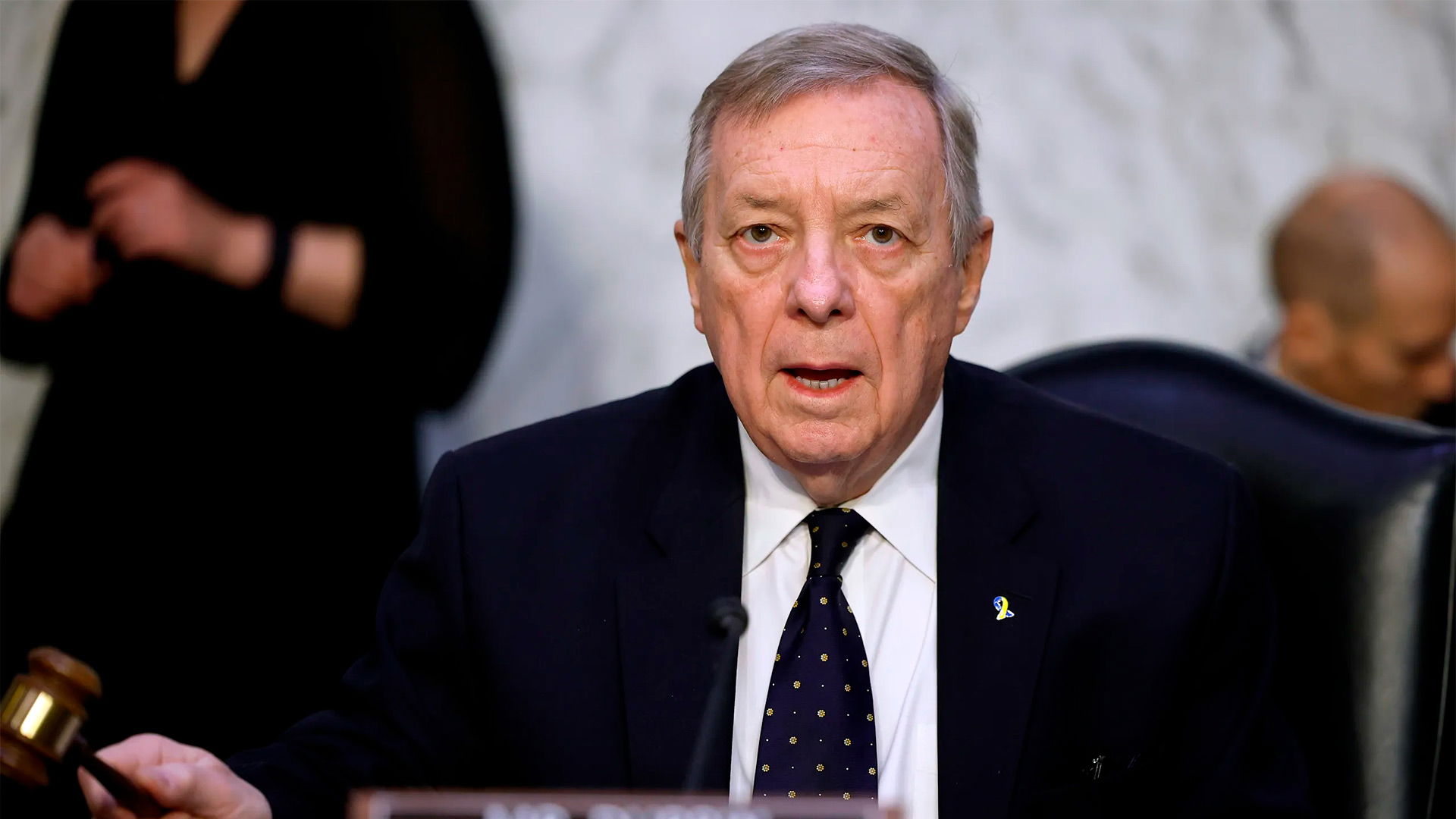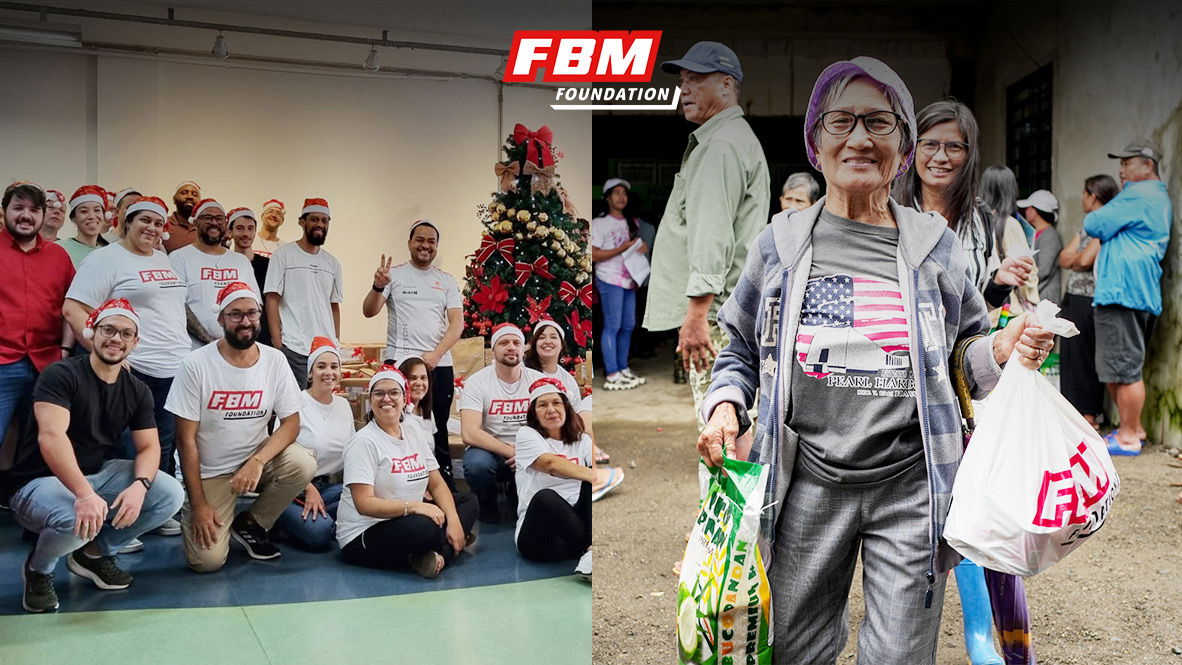Asia: authorities gear up to fight illegal gambling rise ahead of World Cup

In countries like Thailand and Malaysia, where football is hugely popular, illegal gambling on the cup is prevalent as they don’t have legal betting alternatives, gambling industry experts told Reuters.
Even in South Korea and the Chinese territory of Hong Kong - where betting is legal under registered bodies - illegal gambling on average dwarfs the legal market, they say.
Illegal bookmakers have shifted to online and mobile platforms, which offer a wider range of betting options than legal vendors, making it harder for enforcement agencies to police, the experts say.
Hong Kong and Macau police have said crime syndicates have often used platforms like WeChat to place bets.
Online payment providers and cryptocurrencies such as Bitcoin have also made it easier for illegal operators to facilitate illegal bets, according to Interpol, and the Hong Kong Jockey Club, which runs Hong Kong’s horse racing and football betting franchise.
“There is a need to develop and execute a sustainable enforcement strategy for a lasting impact against illegal betting and related transnational organized crime,” said Martin Purbrick, the club’s director of security and integrity.
The Jockey Club estimates Hong Kong’s illegal betting turnover this year, including the World Cup, will be at least $68 billion, compared to $6.5 billion in Singapore and $79 billion in South Korea annually.
Hong Kong earns around 5 percent of its budget from taxing legal gambling and views illegal betting as lost potential revenue. The Jockey Club put the potential loss at about HK$13 billion ($1.7 billion) this year.
Illegal bookmakers in Hong Kong are expected to reap HK$750 million during the World Cup alone, the club said.
Illegal betting this year is expected to be far larger than during the 2014 World Cup held in Brazil, helped by the closer time zones between Russia and countries in the Asia region, according to gambling industry executives.
Asia accounts for 80 percent of the estimated $500 billion in illegal betting volumes globally, according to Transparency International and the Asian Racing Federation.
Much of the illegal betting is facilitated by companies registered offshore, particularly in the Philippines, which sells online betting licenses to operators.
While operators can claim to be licensed in the Philippines, their sites are illegal in most jurisdictions in Asia, including Hong Kong and South Korea.
Since 2016, Philippine authorities have clamped down on illegal betting operators but there has still been a proliferation in the number of sites in operation, according to officials and executives in the country.
Alfredo Lim, president of PAGCOR, the Philippine gaming regulator, said the bureau was collaborating with government agencies to fight illegal gambling.
“We lose millions from unlawful gambling,” Lim said.
In South Korea, police said they would closely monitor illegal sports betting during the World Cup. Hong Kong police said they were conducting a large anti-gambling operation called “Crowbreak” to crack down on illegal gambling activities.
Macau, the world’s biggest gambling center, is expected to see revenues squeezed in June due to more Chinese gamblers wagering on the World Cup than in the enclave’s glitzy casinos, according to gaming analysts.
Police in China broke up a large illegal online gambling ring in April, arresting more than 100 people, the Xinhua news agency reported, while Macau police have broken up illegal betting operations conducted via the popular WeChat app.
At the last World Cup in 2014, Interpol said during a six-week operation across China, Hong Kong, Macau, Malaysia, Singapore and Vietnam, law enforcement officers cracked crime gangs estimated to have handled around $2.2 billion worth of bets, mainly through illicit websites.

















































